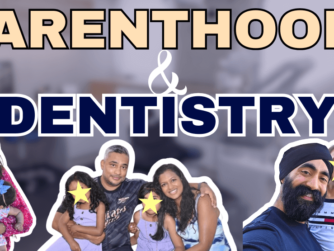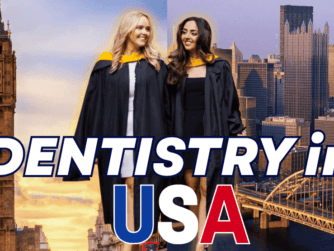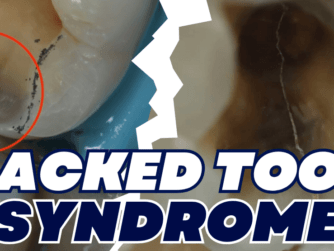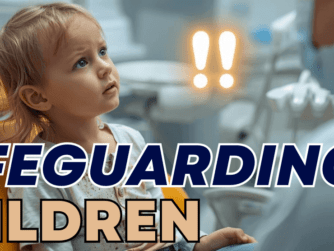Podcast: Play in new window | Download (Duration: 1:06:06 — 93.2MB)
Subscribe: RSS
Is it possible to be a Comprehensive Dentist on the NHS? How did Dr Devang Patel rise within NHS Dentistry to provide high level, complex care to his patients?
Protrusive Dental Pearl
Free Communication course by Dr Devang Patel >>>click here<<<<
Sponsored:
If you want to provide your patients with written treatment plans that looks amazing and are easy to understand, do a 21-day free trial of MakeMeClear and see for yourself why I love it so much.
Use code ‘protrusive’ for 25% off MakeMeClear (it works after you submit payment credentials)
In this episode we hear Dr Devang Patel’s journey from working in a 99% NHS clinic to now carrying out complex general Dentistry at a very high level. I quizzed him on how it’s possible in a public funded system?
If you enjoyed this episode, you will like the Case Acceptance in Smile Design episode with Gurs Sehmi!








